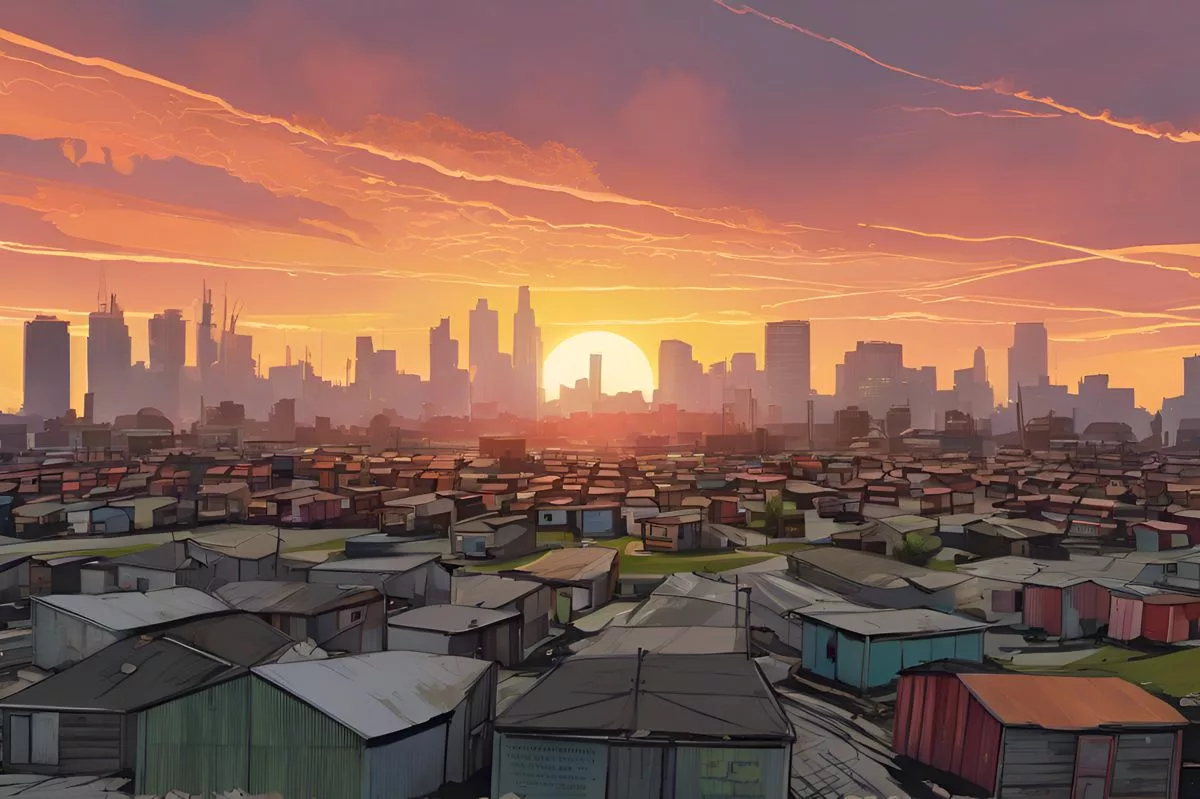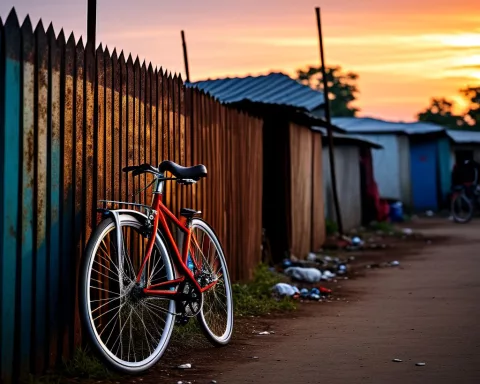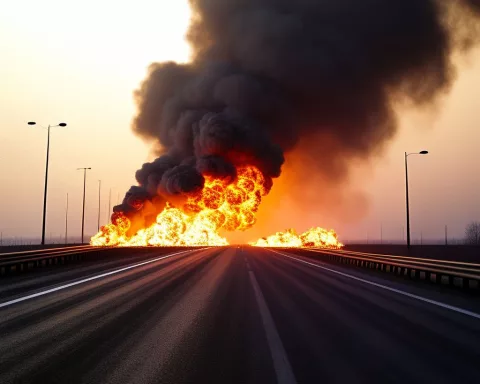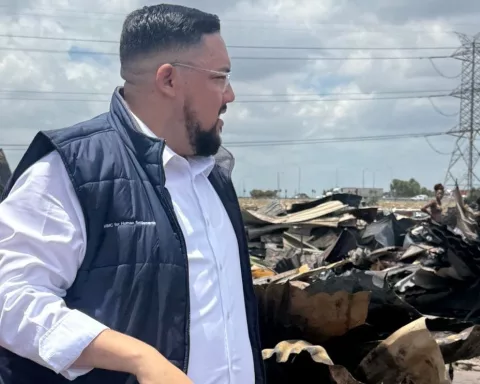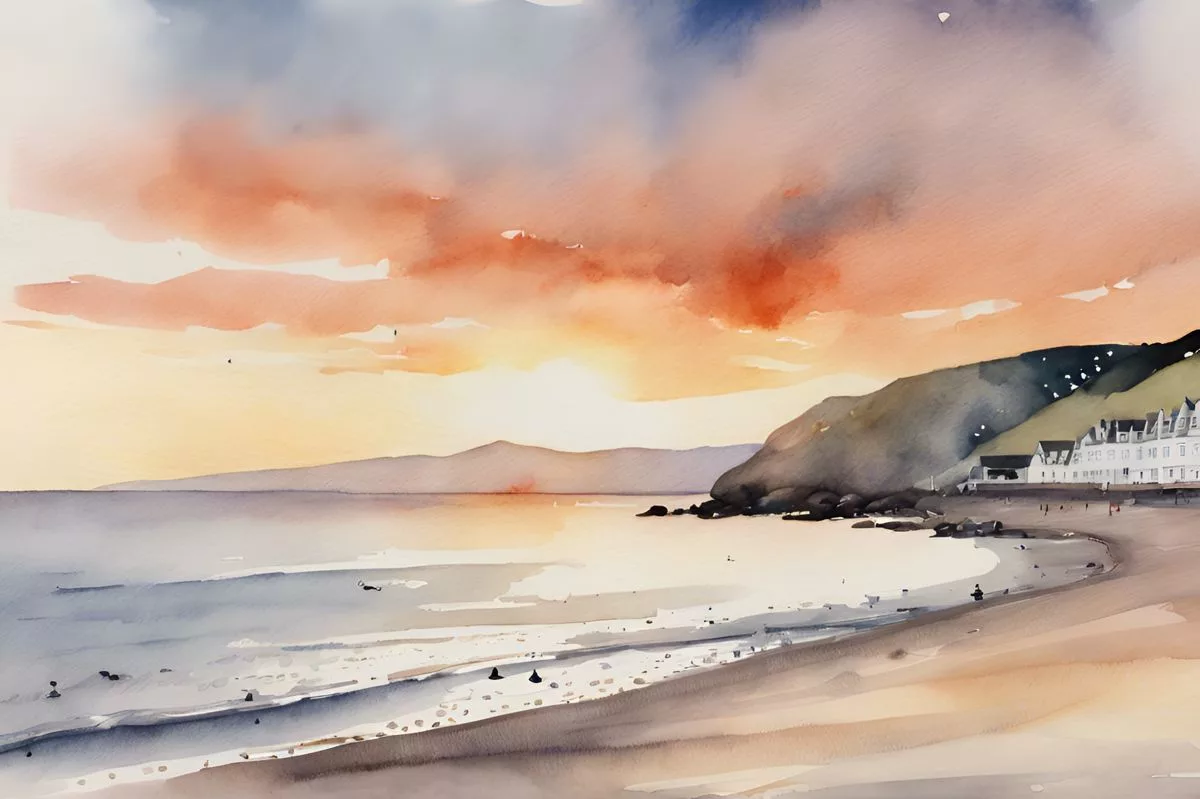Residents of Cape Town’s Marikana settlement are hopeful for anticipated upgrades that will finally provide access to basic amenities, such as electricity. Currently, many residents rely on unauthorized power connections, leading to an informal power network and a rise in self-taught electricians charging up to R200 per reconnection. City officials are conducting feasibility studies to develop the settlement but legal procedures will take up to 24 months to complete. The residents’ long-awaited dream of a developed Marikana may soon be within reach.
Anticipated upgrades for Cape Town’s Marikana settlement have sparked hope among its 100,000+ residents who have been demanding access to basic amenities, including electricity. Many residents currently rely on unauthorized power connections, with some turning to self-taught electricians to illegally connect households. City officials are conducting feasibility studies to develop the settlement, but legal procedures will take 18 to 24 months to complete.
The History of Marikana Settlement’s Challenges
Nestled in the midst of Philippi East, Cape Town, the thronged Marikana informal settlement has served as a sanctuary for thousands for more than a decade. The City of Cape Town, in a significant milestone, has finally acquired the privately held land, triggering a fresh wave of optimism among over 100,000 inhabitants who have been persistently demanding the supply of fundamental utilities.
Marikana’s quest for acknowledgment initiated over a decade back when the homeless claimed the land. In 2015, the bustling settlement was believed to house more than 60,000 residents within 12,000 households. As per community estimates, the number of occupants has now exceeded 100,000, transforming it into a lively yet inadequately equipped urban area in a nutshell.
For a considerable period, inhabitants have been advocating for the city’s acquisition of the site, which would allow them to avail desperately needed amenities. The court recognized their appeals in a landmark judgment in 2017, affirming their right to basic services. Nevertheless, the realization of this commitment has been a protracted wait, as the settlement continues to lack fundamental amenities like electricity, several years post the court’s verdict.
The Struggle for Utilities and the Informal Power Network
The lack of a legal electricity supply has compelled a majority of households in Marikana to resort to unauthorized power connections. This unofficial power network is typically quickly reestablished after being dismantled by authorities. A recent event witnessed Eskom, the local power provider, seize approximately 300 illegal connections, only for the residents to reinstall them within a matter of hours.
These power lines, draped over the shacks and weaving through the walkways like complex spider webs, highlight the residents’ desperate struggle for survival. One resident, choosing to stay unnamed, poignantly asserted that their dependence on these illicit connections is not a choice, but a grim necessity stemming from a decade-long existence without an official power supply.
Anticipated Upgrades and the Informal Economy
A palpable sense of expectation is evident among the community leaders in Marikana, as talks with the city about the eagerly awaited development and enhancements are imminent. Loyiso Nqitiza, a prominent community leader, expressed confidence that the initiation of these improvements would significantly alleviate the residents’ living conditions.
An interesting facet of Marikana’s informal economy is the rise of self-taught electricians. These individuals provide their services to illegally connect households to the power network, serving around 20 clients each and charging R200 per reconnection. One such electrician admitted to earning up to R10,000 in a profitable month, illustrating the demand for electricity and the residents’ readiness to pay for it.
Official Response and Future Prospects
The City of Cape Town’s representative, Carl Pophaim, the mayoral committee member for human settlements, assured that city officials are vigorously conducting feasibility studies to secure development rights for Marikana. Their aim is to commence the upgrade of the settlement as soon as all required approvals have been obtained, offering a glimmer of hope to the residents.
Pophaim stated that the land was procured at a price set during mediation, but stressed that the final development plan would only be determined following the completion of feasibility studies and a public participation process. He mentioned that the legal procedures, which began in November 2023, would take 18 to 24 months to complete, suggesting that the residents’ long-anticipated dream of a developed Marikana might soon be within reach.
1. What is the Marikana settlement?
The Marikana settlement is an informal settlement in Philippi East, Cape Town that has housed thousands of residents for more than a decade. It is estimated that over 100,000 people currently live in the settlement.
2. What are the challenges faced by residents of Marikana settlement?
Residents of Marikana settlement have been demanding access to basic amenities, such as electricity, for years. Many of them currently rely on unauthorized power connections, leading to an informal power network and a rise in self-taught electricians charging up to R200 per reconnection.
3. What is the informal power network in Marikana settlement?
The lack of a legal electricity supply has forced many households in Marikana to resort to unauthorized power connections. This unofficial power network is quickly reestablished after being dismantled by authorities, and self-taught electricians provide their services to illegally connect households to the power network.
4. What are the anticipated upgrades for Marikana settlement?
City officials are conducting feasibility studies to develop the Marikana settlement and provide access to basic amenities. However, legal procedures will take 18 to 24 months to complete before any upgrades can be initiated.
5. What is the official response to the challenges faced by residents of Marikana settlement?
The City of Cape Town’s representative, Carl Pophaim, has assured that city officials are vigorously conducting feasibility studies to secure development rights for Marikana, and the land has been procured at a price set during mediation. The final development plan will only be determined following the completion of feasibility studies and a public participation process.
6. What is the future prospect for Marikana settlement?
The legal procedures to initiate upgrades for Marikana settlement will take 18 to 24 months to complete. However, the anticipated upgrades have sparked hope among its over 100,000 residents who have been demanding access to basic amenities.

